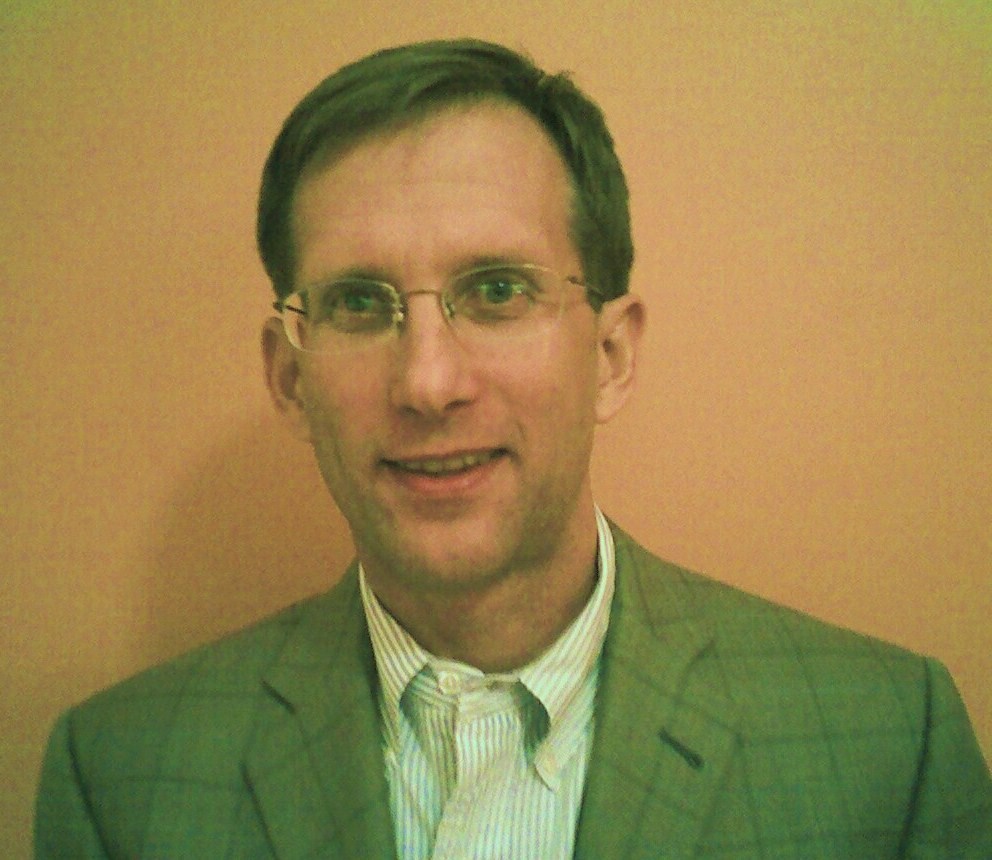 I worked in the health insurance industry for a long time. I helped introduce consumer-driven/high deductible plans to help foster cost-awareness. I bought into the protection-against-big-expenses meme. I personally have never not had health insurance. So, by most standards, I should be biased in its favor. But I'm beginning to wonder if health insurance itself is the problem, or at least a big part of the problem. I've written before about some of the new entrants into health insurance; more power to them, and the more the merrier. What I continue to be disappointed by is that we're not really seeing fundamentally new approaches to what health insurance is.
I worked in the health insurance industry for a long time. I helped introduce consumer-driven/high deductible plans to help foster cost-awareness. I bought into the protection-against-big-expenses meme. I personally have never not had health insurance. So, by most standards, I should be biased in its favor. But I'm beginning to wonder if health insurance itself is the problem, or at least a big part of the problem. I've written before about some of the new entrants into health insurance; more power to them, and the more the merrier. What I continue to be disappointed by is that we're not really seeing fundamentally new approaches to what health insurance is.
National Center for Health Statistics (NCHS)
See the following -
2015: End Of The Road For Meaningful Use?
You can lead doctors to EHR systems — but you can't make them attest. A poll of nearly 2,000 physicians, in fact, reveals that 55 percent do not plan to attest for meaningful use Stage 2 in 2015...
- Login to post comments
EHR Adoption Climbing, But Some States Falling Behind
[...] The latest NCHS Data Brief from CDC shows improvement in overall adoption of EHR's this past year, but some states are starting to fall behind and there are some disturbing signs that many physicians are either unsure or opting not to participate in the EHR Incentive Program.
- Login to post comments
EHR Adoption Could Exceed 80 Percent By End Of 2013, New Study Finds
Family physicians are adopting electronic health records (EHRs) at a much faster rate than previous data suggested, reaching a nearly 70 percent adoption rate nationwide, new study findings reveal. Read More »
- Login to post comments
EHR Adoption Rate Slows, With Physicians Facing Big Hurdles For Meeting Stage 2, Survey Finds
The pace of adoption of electronic health-record systems has begun to slow, and the physicians who have adopted systems have a long way to go to meet the government's Stage 2 criteria for meaningful use of the technology, according to an authoritative survey of practices by the National Center for Health Statistics at HHS. Read More »
- Login to post comments
Is Health Insurance Itself the Problem with the System?
- Login to post comments
More Americans Now Commit Suicide Than Are Killed In Car Crashes
Suicide is the cause of more deaths than car crashes, according to an alarming new study. Read More »
- Login to post comments
The First Count of Fentanyl Deaths in 2016: Up 540% in Three Years
Drug overdoses killed roughly 64,000 people in the United States last year, according to the first governmental account of nationwide drug deaths to cover all of 2016. It’s a staggering rise of more than 22 percent over the 52,404 drug deaths recorded the previous year — and even higher than The New York Times’s estimate in June, which was based on earlier preliminary data. Drug overdoses are expected to remain the leading cause of death for Americans under 50, as synthetic opioids — primarily fentanyl and its analogues — continue to push the death count higher...
- Login to post comments
‘Superbug’ Scourge Spreads as U.S. Fails to Track Rising Human Toll
Fifteen years after the U.S. declared drug-resistant infections to be a grave threat, the crisis is only worsening, a Reuters investigation finds, as government agencies remain unwilling or unable to impose reporting requirements on a healthcare industry that often hides the problem...
- Login to post comments